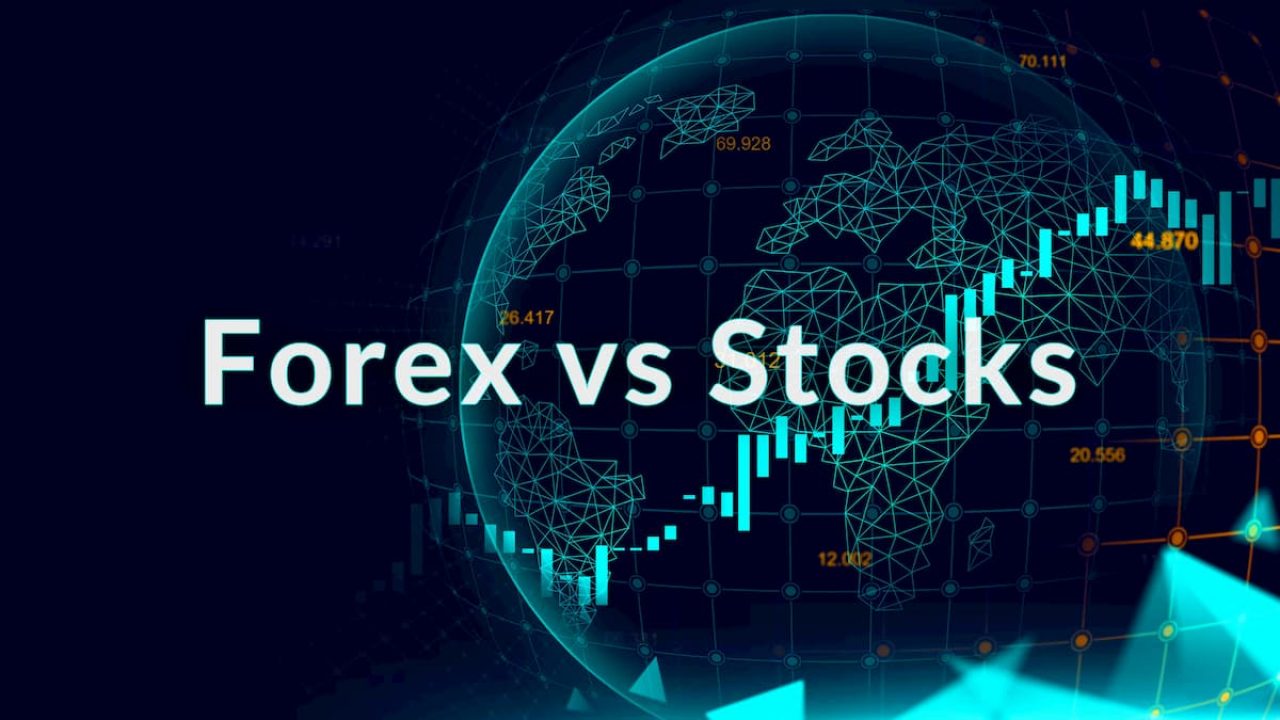UK businesses have an option outside of selling UK stocks or holding UK dollars.
They can sell their products in foreign currency. UK companies also can take on loans in a foreign currency. UK corporations might not always know which choice is the right one.
When it comes to investing, there’s a few different avenues that you can go down to get started, one popular choice for many people in the stock market.
You have probably heard about stocks since you were very young – heck, maybe even before then.
However, many people do not realise that stocks aren’t the only option for dealing with investments. Another option is currencies.
Many people often refer to this as forex trading. This guide will help introduce some basic concepts behind currency trading and why some people believe it might be more suitable than investing in stocks.
Why isn’t forex trading the same as stocks?
It is one of the most common questions people tend to ask when they first hear about forex trading.
The answer, when boiled down, basically comes down to supply and demand. There is a limited supply of shares with stocks (although companies can make more if they need to).
In contrast, an infinite (or rather, near-infinite) amount is available with currencies. Hence, it’s called forex, which stands for foreign exchange.
When you trade-in stocks, it’s pretty easy to buy and sell them. Suppose you see a company selling cheap and want to get involved with them, great.
However, this isn’t the same for forex trading – here, you’re dealing with currencies of all different countries worldwide.
Plus, not only do you need to be able to choose which currency or currencies you want to get involved with (and then hope that they go up in price), but also when it is best to get involved.
It can be tricky – especially if we take Brexit as an example.
Since the UK voted to leave during their referendum on EU membership, we have seen significant changes happen within the value of certain currencies:
- USDollar (USD) – increased by 22% against GBP since Brexit
- Euro (EUR) – decreased by 6.1% against GBP since Brexit
- Japanese Yen (JPY) – decreased by 4.3% against GBP since Brexit
It is why many people favour forex trading over the stock market, as it puts your skills to the test.
With stocks, you can pretty much buy and sell whenever; with forex, there’s a bit more of an art form to it.
Of course, that doesn’t mean that everyone who trades in stocks will do well for themselves either. Many investors have done well with their investments, but not everyone is so lucky.
Which option is best?
Well, that answer depends on you.
If you think that trading in stocks is the way for you, then go for it. However, if you believe that forex trading might be better suited to your skillset, maybe try to learn more about currency trading.
You never know – it might be just what you need to get started with investing. Just make sure that before getting involved with one of these options, take some time to research and get a good understanding of what’s going on and how everything works.
It will help ensure that whatever path you choose ultimately leads towards success.
So, now that you know what forex trading is all about and why some people favour it over stock trading, hopefully, you’re feeling more confident in your ability to make an informed decision regarding which path might be the best for you.
In conclusion
There are many options available for those who want to try their hand at investing. Stocks are a popular option because they require less research than currencies.
However, there is much more risk involved with stocks than with currencies, the choice between whether or not forex trading or stock trading may ultimately come down to personal preference.
Investing can be very rewarding when done correctly, but remember to always do your research before making any decisions related to money.
For more information link to learn this here.








